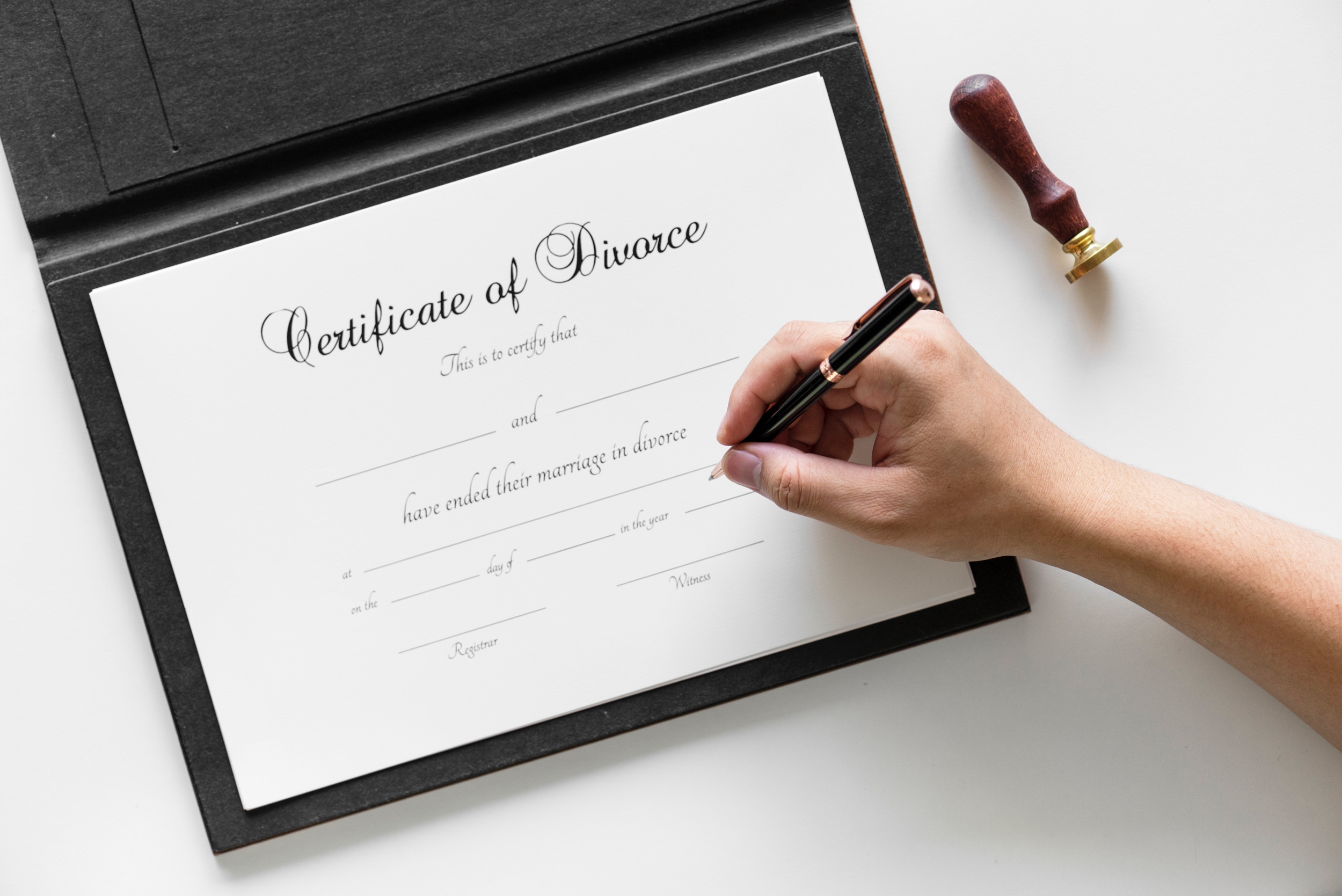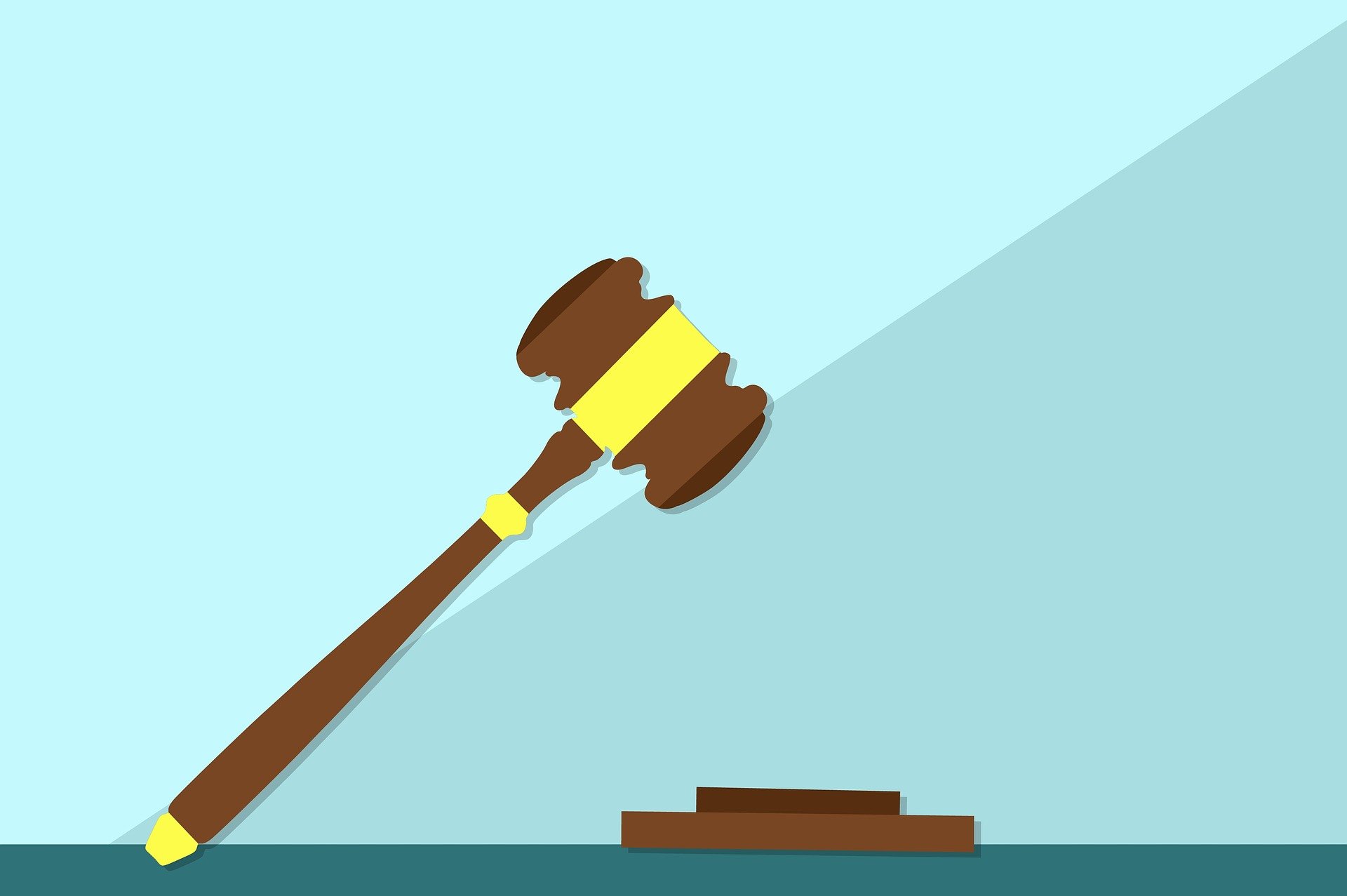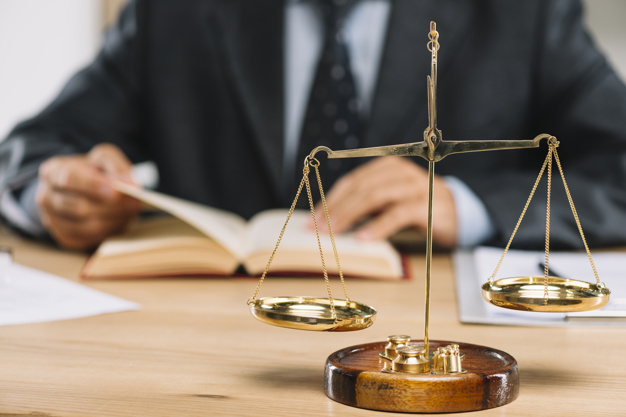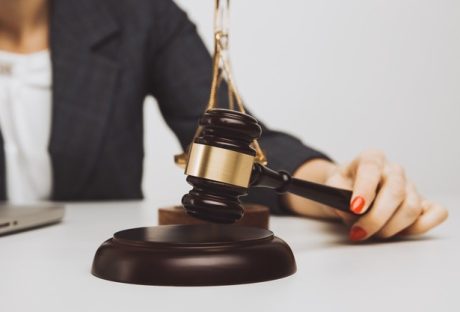This is a question that most people in the initial stages of the divorce process will ask. The best answer is; it depends on your particular situation. But in this post, we will take a look at how long the process should take and what you can do to speed it up brought to you by Goodman Ray.
The Myths vs. Reality:
58% of people polled think that it takes years to complete a divorce. But this is normally far from the truth. It is realistically possible to complete the process in as little as four to six months. Uncontested divorces, in particular, don’t take too long to complete since it is often only a matter of filing the paperwork correctly.
It is, however, important to note that while the process of ending a marriage can be completed quickly, other processes can take longer. This is true if the couple struggles to resolve matters like finances and matters pertaining to their children.
Dedicated Divorce Centers:
In the past, divorce petitions were filed at the local county courts and checked by district judges, which was time-consuming. To streamline the process and allocate resources more effectively, this system was recently replaced. Now there are 11 dedicated regional divorce centers whose main task is to process these legal separations. Therefore, if the toy is petitioning for a divorce, you ate required to send your documents to the nearest divorce center. Here, the documents will be processed by legal advisers instead of judges.
This new system is aimed at speeding up the first two stages of the divorce process. It is, however, worth noting that you’ll still have to wait 6 weeks and a day to get the decree nisi.
How to Speed Up the Divorce Process:
Despite the fact that the time it takes to get a divorce can vary, there are several things you can do to speed up the process. The following are just some of the best;
- If possible, try to get an agreement from your spouse on the reason for filing the divorce petition. If they don’t agree and decide to contest the divorce, the process could take longer than you want.
- It is also very important to make sure that you file the paperwork on time. This is true for both the respondent and the petitioner. This helps to minimize the wasted time that could add unnecessary time to the process.
- Also, ensure that you don’t make any mistakes when filling the paperwork. Mistakes can also cause significant delays of anything from 6 t0 8 weeks. This is because you may have to redo the paperwork. It is advisable to get legal help when completing the form to ensure there are minimal errors.
Getting Started:
The biggest delay in the divorce process often comes at the very beginning of the process, even before either party has filed the petition. This is because most couples, about 76% try to solve the problems in the marriage rather than seek a legal separation. The average couple will spend up to 18 months trying to keep their marriage from breaking down.
Getting a divorce is no doubt one of the biggest decisions you’ll have to make and it does require bravery. A survey found that 11% of people will hold back from getting divorced because of the stigma around it. The average person may take up to 2 years thinking about getting a divorce rather than just taking the first step.
Finances and Arrangements for the Children:
Even after you have your decree absolute, the divorce process itself may not be over. Certain matters including finances and arrangements for the children can complicate the process. Choosing to go to court to resolve these issues can cost you a lot of time and money. It is often a good idea to seek other means of resolving them such as mediation and collaborative law. A prenuptial or a postnuptial agreement can also help.
Read Also:























